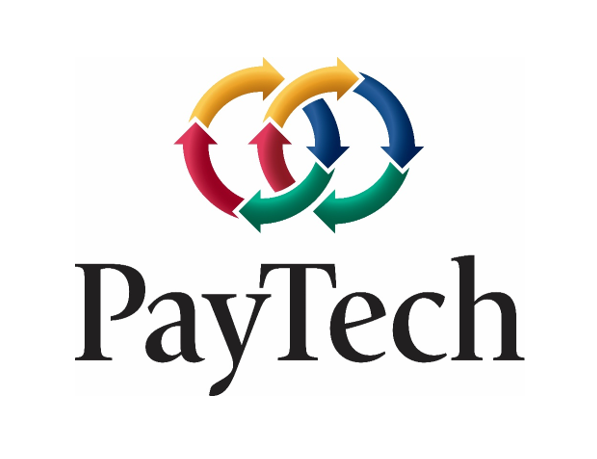PayTech, short for Payment Technology, refers to the innovative technologies and solutions used to facilitate electronic payments and transactions. It encompasses a wide range of tools, platforms, and systems designed to streamline payment processes, enhance security, and improve the overall efficiency of financial transactions. From mobile payment apps to contactless payment methods and blockchain-based payment networks, PayTech is reshaping the way businesses and consumers interact with money in the digital age.
PayTech solutions leverage advanced technologies such as artificial intelligence (AI), machine learning, biometrics, and data analytics to provide seamless payment experiences while addressing security and compliance requirements. By integrating with existing financial infrastructure and leveraging emerging technologies, PayTech solutions offer unparalleled convenience, speed, and security in the realm of digital payments.

PayTech: Unraveling the World
Key Trends in PayTech
Several key trends are shaping the PayTech landscape and driving innovation in the industry. One such trend is the rise of mobile payments, fueled by the widespread adoption of smartphones and the proliferation of mobile wallet apps. Another significant trend is the emergence of contactless payments. Driven by the need for hygienic and convenient payment methods in response to the COVID-19 pandemic. Additionally, the integration of biometric authentication methods such as fingerprint and facial recognition technology is gaining traction. Offering a secure and user-friendly alternative to traditional password-based authentication.
Moreover, the advent of blockchain technology is revolutionizing payment ecosystems by enabling peer-to-peer transactions. Reducing transaction costs, and enhancing transparency and security. Furthermore, the growing popularity of subscription-based business models and the rise of embedded finance are reshaping the way payments are processed and monetized across various industries. Overall, these trends underscore the dynamic nature of the PayTech landscape. And highlight the importance of staying abreast of technological advancements and market developments in the payment industry.
Challenges and Opportunities
While PayTech presents numerous opportunities for innovation and growth, it also poses challenges that must be addressed. One such challenge is cybersecurity, as the increased digitization of financial transactions has made payment systems more vulnerable to cyber threats such as data breaches and fraud. Additionally, regulatory compliance remains a key concern, as PayTech companies must navigate a complex. And evolving regulatory landscape to ensure adherence to applicable laws and regulations.
Furthermore, interoperability and standardization issues may arise due to the diverse array of payment technologies and systems in use globally. Overcoming these challenges requires collaboration between industry stakeholders, regulatory bodies. And technology providers to establish common standards and frameworks that promote interoperability, security, and consumer protection. Despite these challenges, PayTech presents vast opportunities for innovation and disruption across various sectors, including banking, retail, healthcare, and transportation, among others.
The Future of PayTech
Looking ahead, the future of PayTech holds immense promise for revolutionizing the way payments are made and processed globally. With continued advancements in technology and the increasing adoption of digital payment solutions. PayTech is poised to transform the financial services industry and drive financial inclusion on a global scale. From frictionless payment experiences to real-time settlement systems and decentralized finance (DeFi) platforms, the possibilities are endless.
Moreover, the integration of emerging technologies such as Internet of Things (IoT). Augmented reality (AR), and virtual reality (VR) is expected to further enhance the capabilities and functionalities of PayTech solutions. Opening up new avenues for innovation and customer engagement. Additionally, the democratization of finance through blockchain-based payment networks and decentralized applications (DApps) has the potential to empower individuals. And businesses by providing greater control over their financial assets and transactions.
In conclusion, PayTech represents a dynamic and rapidly evolving field that is reshaping the way payments are made. Processed, and experienced in the digital age. By understanding the fundamentals of PayTech, staying informed about key trends and developments. Embracing innovation and collaboration, businesses and consumers can unlock the full potential of payment technology to drive financial inclusion, efficiency, and security in the digital economy.




